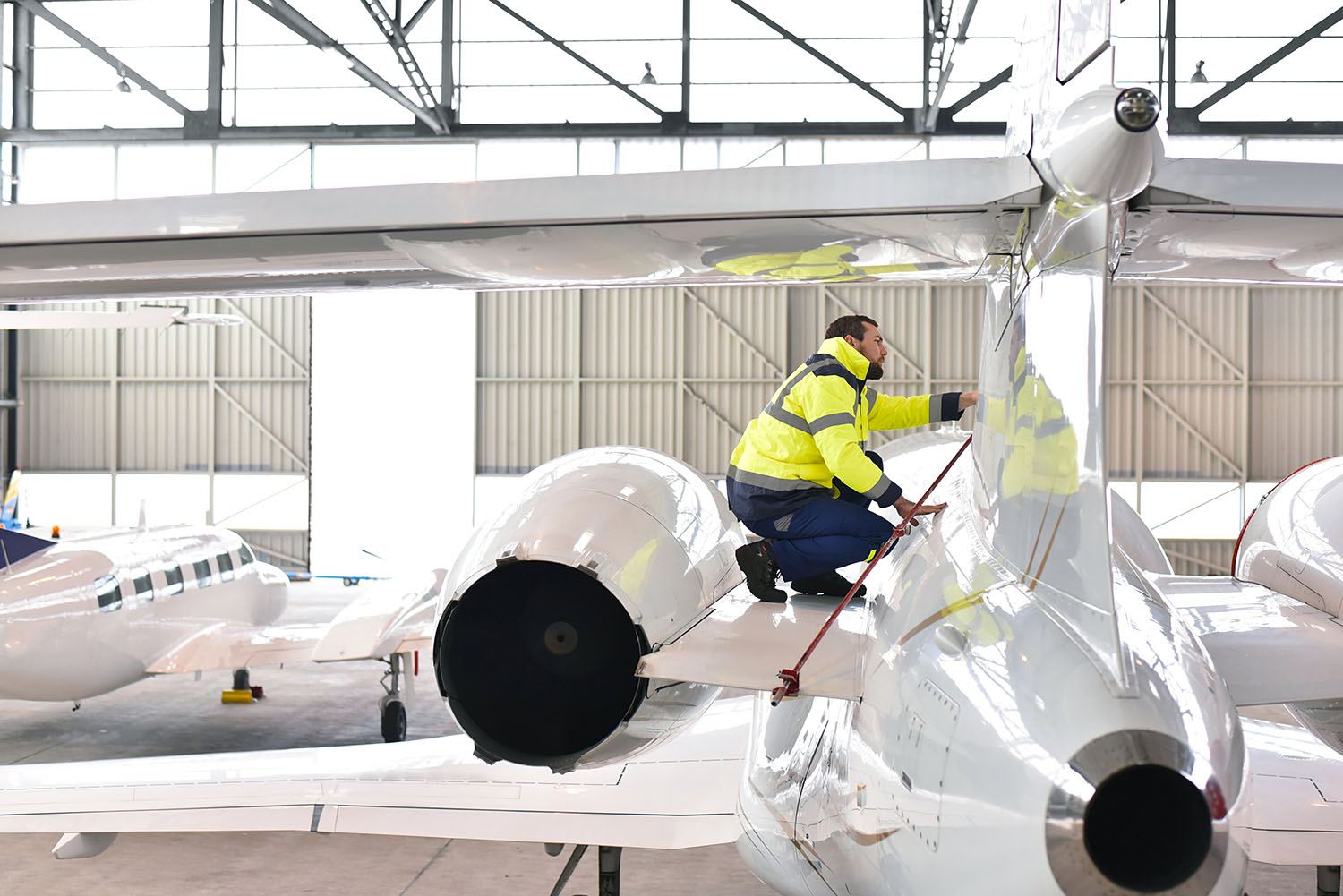
Ever wondered what makes the aviation industry so captivating? From pilots soaring through the skies to ground crew ensuring smooth operations, this field offers a variety of exciting careers. But what exactly does it take to thrive in aviation? Whether you're dreaming of becoming a commercial pilot, an air traffic controller, or even an aircraft mechanic, understanding the ins and outs of this industry is crucial. Did you know that aviation careers often require specialized training and certifications? Plus, the opportunities for travel and adventure are endless. Ready to learn more? Buckle up as we explore 12 fascinating facts about aviation industry careers that might just inspire your next career move!
Key Takeaways:
- The aviation industry offers diverse career paths, from pilots to air traffic controllers, with high salaries and job stability, making it an exciting and lucrative field to pursue.
- Advancements in technology, such as automation and drones, are creating new opportunities in the aviation industry, while the push for sustainable aviation is driving innovation and eco-friendly practices.
The Growing Demand for Aviation Careers
The aviation industry is soaring, offering a wide range of career opportunities. From pilots to air traffic controllers, the sector is expanding rapidly. Here are some fascinating facts about aviation industry careers.
-
Pilot Shortage: The aviation industry is facing a significant pilot shortage. Airlines are scrambling to hire qualified pilots, making it a great time to pursue this career.
-
High Salaries: Pilots and other aviation professionals often enjoy high salaries. Experienced pilots can earn six-figure incomes, making it a lucrative career choice.
-
Job Stability: Despite economic fluctuations, the demand for aviation professionals remains steady. Air travel is essential, ensuring job stability for those in the industry.
Diverse Career Paths in Aviation
The aviation industry isn't just about flying planes. There are numerous career paths available, each offering unique opportunities and challenges.
-
Air Traffic Controllers: These professionals manage the safe and efficient movement of aircraft. They play a crucial role in preventing collisions and ensuring smooth operations.
-
Aircraft Maintenance Technicians: These skilled workers maintain and repair aircraft, ensuring they are safe for flight. Their expertise is vital for the safety of passengers and crew.
-
Flight Attendants: More than just serving drinks, flight attendants ensure passenger safety and comfort. They are trained to handle emergencies and provide first aid.
Educational Requirements and Training
Entering the aviation industry often requires specialized education and training. Here’s what you need to know about the educational paths for various aviation careers.
-
Pilot Training: Becoming a pilot requires extensive training. Aspiring pilots must complete flight school, log a certain number of flight hours, and pass rigorous exams.
-
Degree Programs: Many aviation careers require a degree in aviation or a related field. Universities and colleges offer specialized programs to prepare students for these roles.
-
Certification and Licensing: Most aviation careers require specific certifications and licenses. For example, pilots need a commercial pilot’s license, while maintenance technicians need FAA certification.
Technological Advancements in Aviation
Technology is transforming the aviation industry, creating new opportunities and challenges for professionals.
-
Automation: Advances in automation are changing the role of pilots and air traffic controllers. While technology can handle many tasks, human oversight remains crucial.
-
Drones: The rise of drones is creating new career opportunities. From drone pilots to maintenance technicians, this emerging field offers exciting possibilities.
-
Sustainable Aviation: The push for sustainable aviation is driving innovation. Professionals in this field work on developing eco-friendly aircraft and reducing the industry’s carbon footprint.
The Sky's the Limit
Aviation careers offer a world of opportunities. From pilots to air traffic controllers, each role plays a crucial part in keeping the skies safe and efficient. The industry is constantly evolving, with new technologies and innovations making it an exciting field to be part of. Whether you're drawn to the thrill of flying or the technical aspects of aircraft maintenance, there's a place for you in aviation.
Remember, the journey to a career in aviation requires dedication, training, and a passion for the skies. But the rewards—both personal and professional—are well worth the effort. So, if you've ever dreamed of working in aviation, now's the time to take the leap. With the right skills and determination, the sky's truly the limit.
Frequently Asked Questions
Was this page helpful?
Our commitment to delivering trustworthy and engaging content is at the heart of what we do. Each fact on our site is contributed by real users like you, bringing a wealth of diverse insights and information. To ensure the highest standards of accuracy and reliability, our dedicated editors meticulously review each submission. This process guarantees that the facts we share are not only fascinating but also credible. Trust in our commitment to quality and authenticity as you explore and learn with us.


